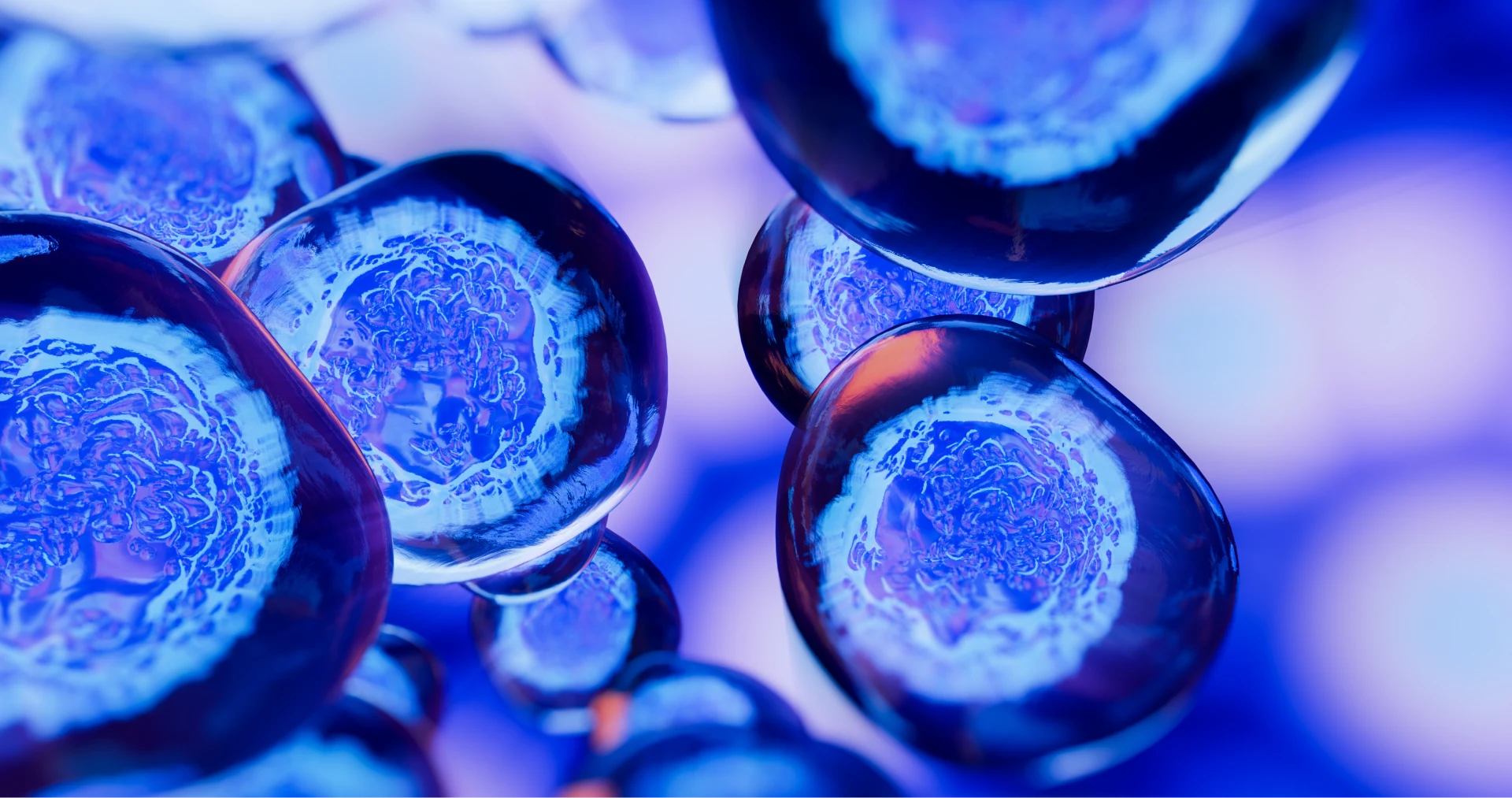Regenerative medicine is an area of healthcare focused on helping the body heal itself. It uses various approaches to repair damaged tissues or organs and establish normal function. At its core, regenerative medicine seeks to restore normal function and promote healing by using living cells, biologically active molecules, and advanced medical devices.
Adult stem cells are the key players in regenerative medicine, which focuses on helping the body recover. These special cells, found in places like bone marrow and cord blood, can transform into different cell types needed for repair.
Scientists use them to heal damaged tissues and aid in the body’s repair mechanisms. Infusing or using these stem cells in cell therapies can stimulate healing and repair mechanisms. These stem cells also produce biologically active molecules that aid healing. For example, in damaged tissue or organs, such as skin grafting or dental pulp treatments, adult stem cells can help regenerate new tissue.
Stem cell therapy is a big part of regenerative medicine, which helps the body heal itself. These special cells, found in things like cord blood, can turn into different kinds of cells needed for healing.
Adult stem cells are valuable resources for various therapies to treat conditions and improve overall body health. These cells show promise in regenerating injured tissues and organs.
Doctors can take these cells and put them into damaged areas. Once there, they help the body’s natural healing process and make new healthy tissue. This therapy treats all sorts of problems, like damaged organs or tissues. It’s an essential tool in healthcare, offering new hope for better treatments and improved quality of life for many people.
Tissue engineering mixes engineering and biology to make body parts for transplanting. Scientists put cells on structures and add growth stuff. They want to make artificial organs, blood vessels, and skin patches that blend well with the body. This helps to heal and makes things work as they should.
In regenerative medicine, special molecules play a big role in helping the body recover itself. These molecules are called biologically active molecules. They’re part of regenerative medicine therapies and are studied in research.
Scientists give these molecules to the body, either on their own or with cells. They help heal wounds and replace lost tissue. These molecules can treat symptoms of diseases like heart disease and diabetes.
Scientists test them in trials and with animal models to see how well they work. They’re used in clinical practice to develop new treatments for chronic conditions. By promoting healing, these molecules show promise in treating various diseases and improving overall health.
In the world of regenerative medicine, many therapies are helping people heal from various conditions. These therapies use special cells, growth factors, and other molecules to facilitate healing in the body.
Scientists study these treatments in clinical trials to ensure they work well and are safe. Cellular therapies, where cells are infused into the body, show promise in treating disorders and injuries. For example, they can help heal damaged organs like the heart or improve insulin production in diabetes.
Other therapies focus on using biologically active molecules to heal wounds and treat symptoms of diseases. Overall, these innovative approaches offer new hope for patients with various health issues.
Regenerative medicine research is still looking for new ways to improve healthcare. Scientists are figuring out how to use special molecules better to help heal the human body and treat disease.
Advances in skeletal muscle regeneration and using human cells offer promising avenues for healing tissues and repairing damaged organs. With additional resources and support, immunomodulation therapy has shown promise in treating various illnesses by modifying the body’s immune response. As research continues, regenerative medicine could change healthcare a lot. It might offer new treatments for many medical problems, making people healthier worldwide.In conclusion, regenerative medicine holds enormous potential for revolutionizing healthcare. Scientists keep studying and trying new things. They want to use infused cells and special molecules to help healing.
These innovative therapies offer hope for patients suffering from a variety of conditions. Regenerative medicine focuses on cellular therapy and other biomedical approaches. It wants to use the body’s natural healing powers to treat disease and injuries well.
We’re learning a lot. The good results suggest that regenerative medicine could change healthcare. It might make life better for many people later on.
Located in Valley Stream and Brooklyn, we are committed to excellence by pledging to provide the highest quality of orthopaedic care possible.
© Copyright 2023 Advanced Orthopedics & Joint Preservation, PC. All Rights Reserved